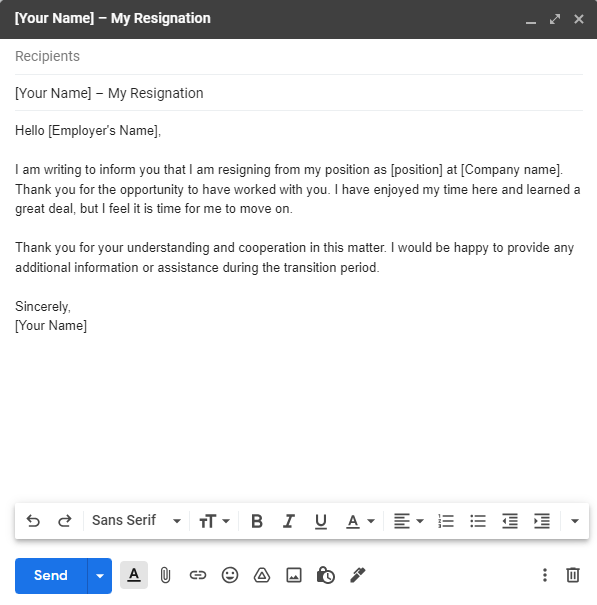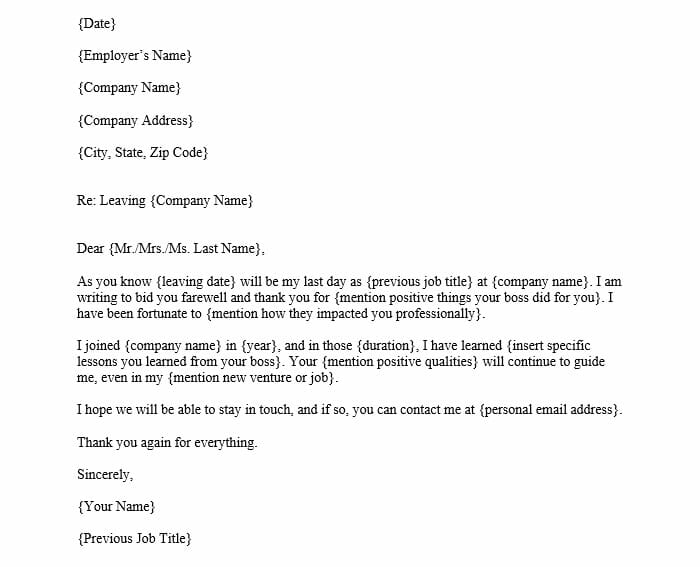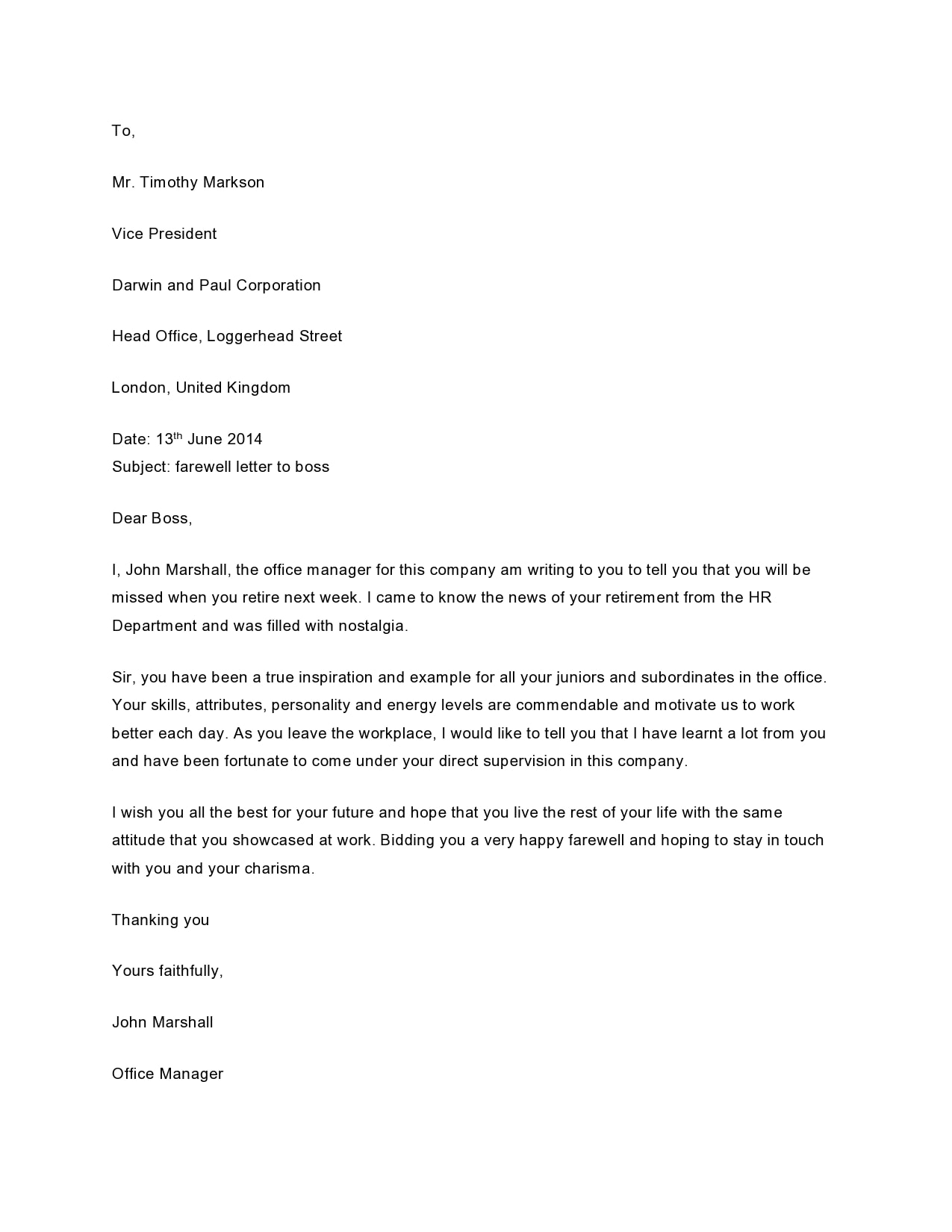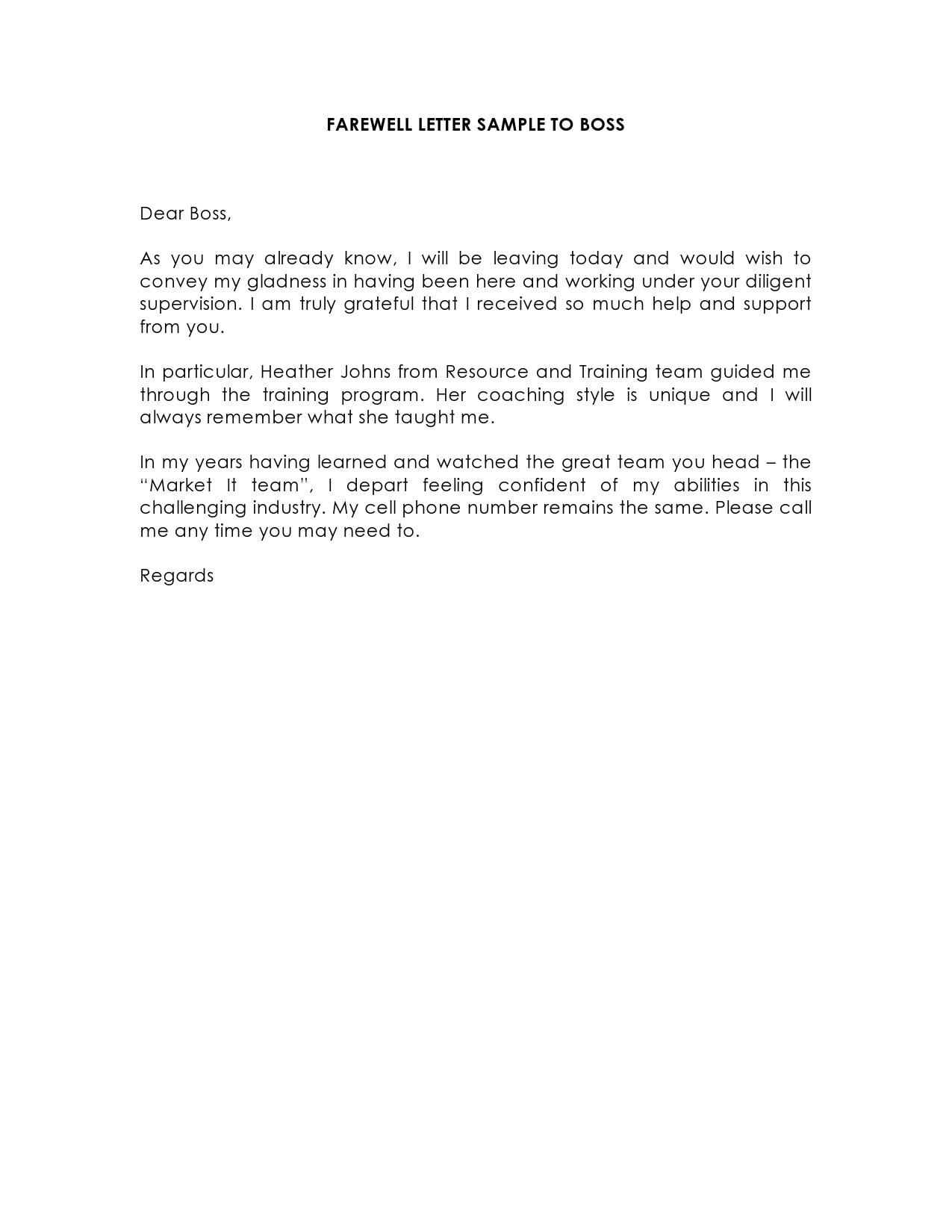How To Tell Manager You Re Leaving

Navigating the professional landscape often requires difficult conversations, and resigning from a job is undoubtedly one of them. Leaving a position gracefully and professionally can impact your future career prospects and maintain valuable relationships.
This article provides a guide on how to effectively communicate your resignation to your manager, minimizing potential friction and maximizing a smooth transition.
Preparing for the Conversation
Before scheduling a meeting with your manager, ensure you have a firm offer in writing from your new employer. This solidifies your decision and provides a concrete date for your departure.
Draft your resignation letter. The letter should be concise and professional, stating your last day of employment and expressing gratitude for the opportunities you've been given.
According to a recent study by the Society for Human Resource Management (SHRM), having a clear plan minimizes stress during the transition process for both the employee and the employer.
Scheduling the Meeting
Request a private meeting with your manager. Face-to-face communication is generally preferred, allowing for a more personal and direct conversation.
Choose a time when you can both focus without distractions, ideally at the beginning or end of the day. This shows respect for your manager's time and demonstrates the seriousness of your announcement.
During the Conversation
Be direct and straightforward. Start by stating your intention to resign from your position.
Express your gratitude for the opportunities and experiences you've gained during your time at the company. Focus on the positives and avoid dwelling on any negative aspects.
According to Harvard Business Review, expressing appreciation fosters goodwill and maintains a positive professional relationship.
Offer your assistance in the transition process. Be willing to help train your replacement or document your key responsibilities.
Discuss your last day of employment and reiterate your commitment to completing any outstanding tasks. A smooth handover minimizes disruption for your colleagues and the company.
Refrain from criticizing the company or your colleagues. Maintain a professional and respectful demeanor throughout the conversation.
Following Up
Submit your formal resignation letter to your manager, typically through email. This serves as official documentation of your departure.
Continue to perform your duties with diligence and professionalism until your last day. Upholding your work ethic until the end demonstrates integrity and respect.
Participate in any exit interviews offered by the company. This provides valuable feedback for the organization and allows you to share your experience constructively.
Potential Impact and Considerations
Your resignation may impact your team and the organization, potentially requiring restructuring or reallocation of responsibilities.
Be prepared for your manager to be surprised or even disappointed. Respond with empathy and understanding while maintaining your decision.
According to Glassdoor, being proactive in the transition can significantly improve the overall experience for everyone involved.
Consider the timing of your resignation, especially if you are involved in critical projects or during peak seasons. Whenever possible, try to mitigate any potential disruptions.
Navigating Counteroffers
Your manager may offer you a counteroffer to stay with the company. Carefully consider the offer and whether it addresses the reasons for your initial decision to leave.
Accepting a counteroffer without genuine resolution of underlying issues can lead to resentment and dissatisfaction in the long run.
Maintaining Relationships
Leaving a job does not necessarily mean severing all ties. Maintain contact with colleagues and mentors who have supported you throughout your career.
LinkedIn is a valuable platform for staying connected professionally. Cultivate and nurture these relationships for future opportunities and collaborations.
Leaving a job is a significant step in one's career. Approaching the resignation process with careful planning, open communication, and professionalism can ensure a positive outcome for both the employee and the employer, paving the way for future success and continued professional relationships.


:max_bytes(150000):strip_icc()/2060865a-a00dd037c25547df8a83c13bb57cd695.jpg)















